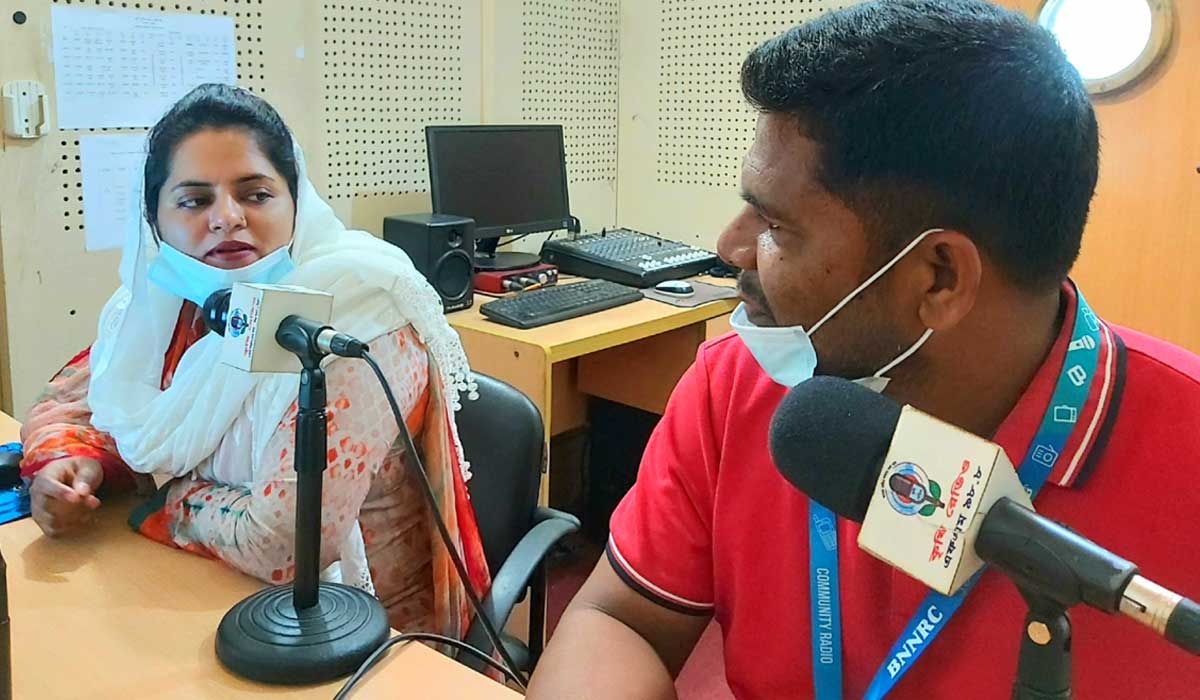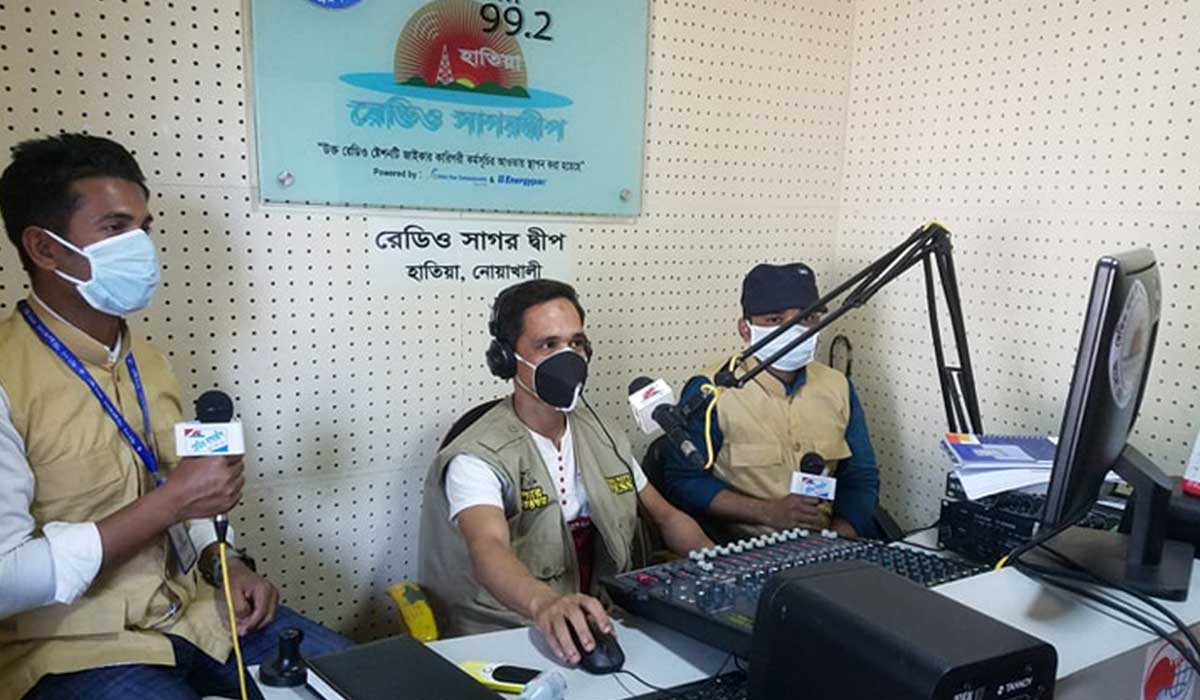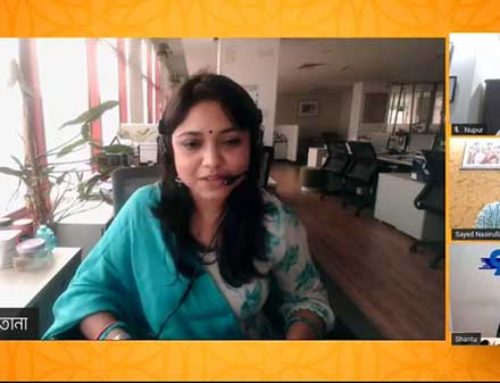Introduction of the organization:
Bangladesh NGOs Network for Radio and Communication (BNNRC)’s vision is Enable access to “on-demand” knowledge for all, using appropriate media to foster public debate for shaping their development agenda and assume responsibilities as citizens in the era of Fourth Industrial Revolution.
BNNRC’s approach to media development is both knowledge-driven and context-sensitive, and it takes into account the challenges and opportunities created by the rapidly changing media environment in Bangladesh including community radio development giving voices for the voiceless in line with shaping the Future of Media, Information & Entertainment in the Era of the Fourth Industrial Revolution (4th IR) in Bangladesh.
BNNRC is in Special Consultative Status with the Economic and Social Council (ECOSOC) accredited with World Summit on the Information Society (WSIS) SDGs Media Compact of the United Nations and UN WSIS prize winner 2016, Champion 2017, 2019 & 2020.
Programmatic interventions in response to COVID-19:
The COVID -19 demands cooperation among government, CSOs, local business communities, multi-stakeholders. BNNRC are continuing work 24×7 to reach rural communities in Bangladesh with life-changing information through the community radio. It’s not easy to get information to the hard-to-reach at the best of times, and we will continue to strive to make sure the needs of these communities are not forgotten. To that note, we’ll be continuing to share stories of our work, and the work of community broadcasters and rural people, while also supporting communities in getting the information they need about COVID-19.
In this perspective, BNNRC has been working on COVID -19 covering with the following issues:
- Animate CSOs, Government, health service providers and communities for reinforcing collective action.
- Keeping community people’s daily life normal and livelihood function
- Mobilize further cooperation among government, CSOs, local market and communities’ responses
Actively distributing information and resources, including scripts and backgrounders, about how to plan and produce effective COVID-19 radio programming; Creating or activating spaces, such as social media groups, to give radio broadcasters a place to learn from each other about best practices in COVID-19 community radio programming; Developing connections between broadcasters and health authorities in government, and civil society to ensure accurate information goes out and myths are debunked; Reminding community broadcasters of the steps they can take to stay healthy; Commending community broadcasters and other journalists for being on the front line and continuing to work in these conditions
 Future outlook and recommendations:
Future outlook and recommendations:
Community Radios stations, as one of the source of information, helping to raise awareness on COVID- 19 and reinforcing Behavior Change Communication (BCC) by CSOs, Government, health officials and locally elected bodies (LEB).

Community Radio stations are building awareness to change attitudes among community people at different points in their daily lives. Community Radio stations, as a platform for those who involve in COVID -19 responses to update rural communities. They are also providing a channel for two-way communication with community people where listeners are sending SMS or call in with questions.

Community Radio stations have been coordinating with the District and Upazila level Coronavirus Prevention Committees. Community Radio stations have assigned one broadcaster in each radio stations as the focal person to coordinate COVID – 19 programs.
 Community Radio stations are broadcasting programs on COVID -19 in local languages or dialects. Community Radio stations are producing contents which speaks directly to localized issues and concerns, and features trusted local people in a way that nationally or regionally produced content cannot.
Community Radio stations are broadcasting programs on COVID -19 in local languages or dialects. Community Radio stations are producing contents which speaks directly to localized issues and concerns, and features trusted local people in a way that nationally or regionally produced content cannot.
Challenges & Way forward:
The rapid social distancing & Quarantine/ Isolation have caused massive pressure on the community radio sector extremely due to short notice. Fundraising process have been cancelled and revenues such as advertising income are drying up overnight resulting in immediate cash flow problems, cuts in grant-funded projects & many community radio stations have few or no cash reserve to tide them over situations like this.
There are things Government can do to help community radio stations to survive in this crisis so they can continue to serve communities.
- Upazilas and Districts administration (Local Government) could buy airtime from Community Radio stations.
- To substantially establish the Community Radio Trust Fund by Ministry of Information
- To establish a COVID-19 contents fund to support high quality and accurate local COVID-19 news reporting and the production of programmes or series of programmes that increase rural people understanding and contribute to psychological support during the present health emergency.





